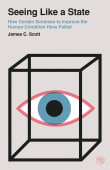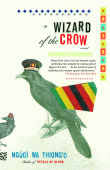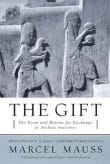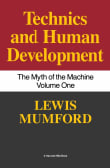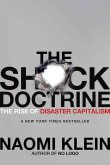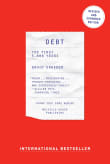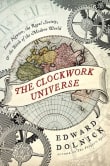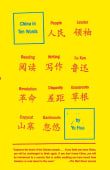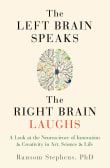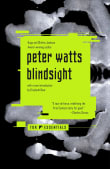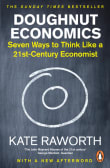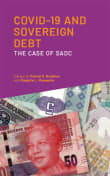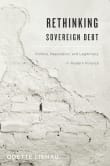Debt

Book description
The groundbreaking international best-seller that turns everything you think about money, debt, and society on its head—from the “brilliant, deeply original political thinker” David Graeber (Rebecca Solnit, author of Men Explain Things to Me)
Before there was money, there was debt. For more than 5,000 years, since the beginnings of…
Why read it?
8 authors picked Debt as one of their favorite books. Why do they recommend it?

I see David Greaeber’s book as a landmark in the field. He completely changed my understanding of and views on money’s role in society and its evolution. I had the good fortune to meet David a few times (in fact, I made a podcast with him) and feel like I learned from every conversation.
Until I read David’s book, I had assumed that the Barter theory of money and the double coincidence of wants was the natural and unchallenged explanation for how money came to be and what roles it performed. David’s and subsequent authors' work has shown that this…
From David's list on the future of money.

This is a whopper of a book, yet I flew through it even at 544 pages. Graeber’s knack was to take something we all look at daily and make it foreign, allowing for a fresh, new examination.
I particularly liked how he considered the social ramifications of debt and how debt factors into many features of our lives—not just when it comes to money, but in our relationships, our communities, and our understanding of each other. I have quibbles with some of the framing and assertions, but I’ll be thinking about aspects of this book for a long time.
From Mara's list on understand our unequal world.

Out of all my recommendations, this book is the most dense in terms of detailed descriptions of the history of debt. The author needs to be specific since he’s challenging the economic establishment’s false claims.
The most telling example is that there’s no evidence that barter led to exchanging goods in a marketplace. Debt, not barter, was the original economic system for trade in a village.
War became the catalyst for the creation of currency since soldiers couldn’t afford to wait till after the war concluded for the government to pay its debts.
If you’re curious about the real history…
From Ethan's list on how past events will impact our future.
If you love Debt...

If you hung around Occupy Wall Street in 2012, you might recall a charismatic, somewhat disheveled young anarchist named David Graeber.
He was also a brilliant anthropologist who organized “The Very Boring Book Club” in his living room, where members read his astounding new book.
It seems the essential economic transaction all through recorded history in Western and Asian civilizations was not buying and selling by independent actors, despite what economists proclaim, but lending and borrowing.
When you get your head around this perspective, you can make more sense of world history up to today.
David was also an engaging…
From Barry's list on developing countries sovereign debt crises.

Massively researched, superbly written, and vividly debated, this 2011 tour de force by the late David Graeber develops the surprising argument that money is mainly debt. This is how money is a key ingredient in the reproduction of social inequality and some people’s power over others. Everybody knows that being poor is expensive; Graeber shows why, with examples from Mesopotamia to the present day.
From Thomas' list on economic anthropology.

I was taught the classical story of money. In the beginning, we all used the barter system. After a while, we invented money as a middle ground to store value, so we could trade without actually having physical goods on hand to exchange. Then we figured out systems of finance like debt and credit to help our money do more. This is all a lie!
Nowhere in the world did things ever happen this way; no society has ever practiced the stereotypical ‘barter system’ where the only way for me to buy your goat is to give you a pair…
From Seth's list on about how the world really works.
If you love David Graeber...

Money. Surely the history of money is vital to understanding where we’ve been and where we’re going. Ah, but Graeber looks through surface manifestations of money such as coins and currency. He goes to the deeper roots. We learn that no society ever operated on barter. What existed before coinage was credit and debt. Greaber traces the evolution of this fundamental category of human relationship through the millennia, illuminating debt as an ever-present aspect of government, family life, wars, revolutions, slavery, history through the ages.
From Tamim's list on the human story as a single whole.

David Graeber brings to light the close interconnection between the money economy, slavery, and militarism, from antiquity to the modern era. Contrary to the widely held belief that money is just a useful and neutral means of exchange, Graeber shows that it came into use in order to pay mercenaries, loot other countries, and capture slaves who in turn worked in the silver mines to produce more money – a circle of debt and violence that was also at the heart of early capitalism and the colonial machine. With money and debt still ruling the world today and driving it…
From Fabian's list on capitalism and the crisis of life on earth.
If you love Debt...
Want books like Debt?
Our community of 12,000+ authors has personally recommended 77 books like Debt.




